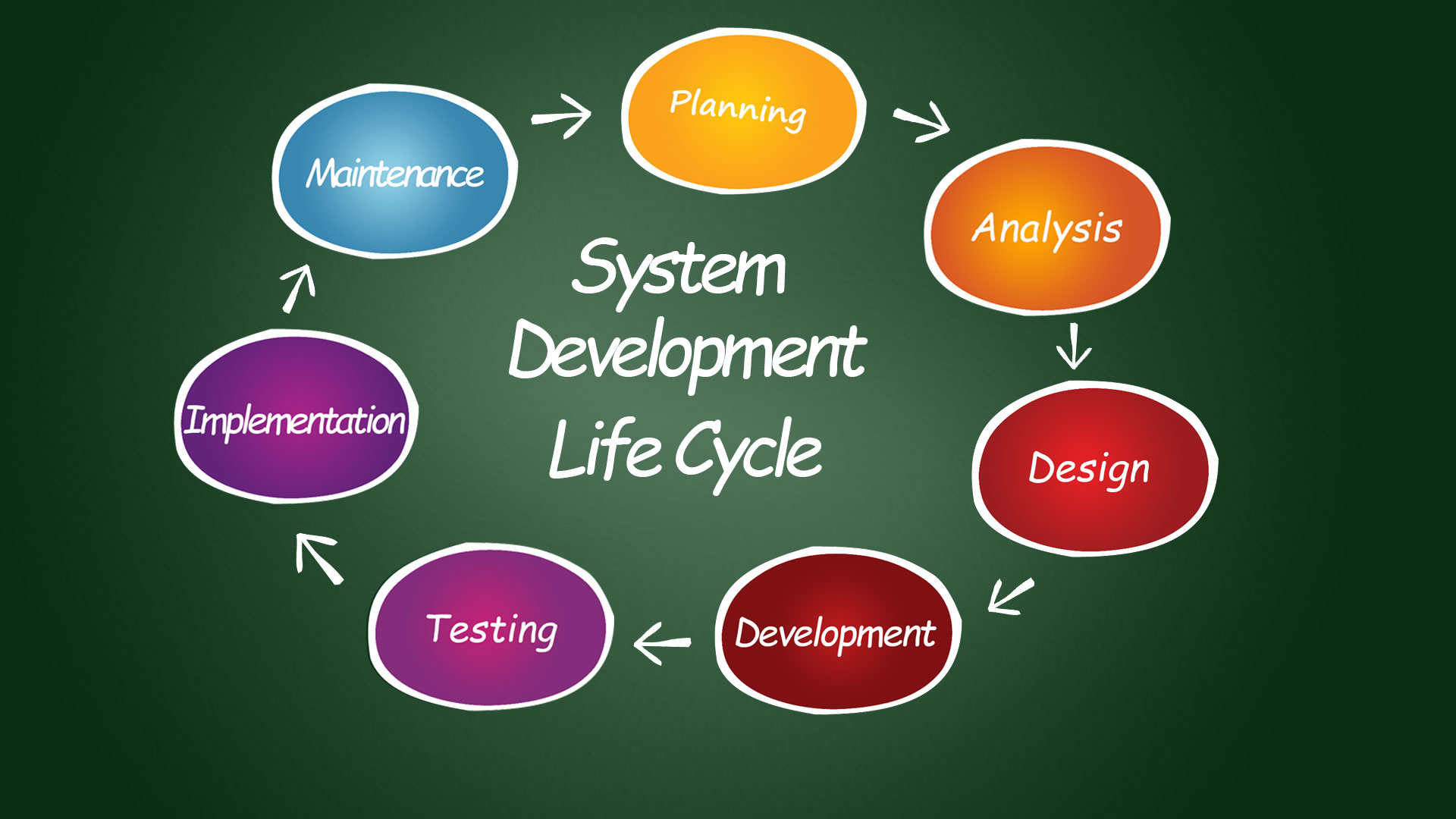The lifecycle of a business is often compared to that of a living organism, with distinct stages of growth, maturity, and decline. The development stage, the initial phase in this lifecycle, is a critical period where the foundations of a business are laid. It is a time of intense activity, marked by ideation, research, planning, and resource mobilization. While the development stage is fraught with challenges and uncertainties, it is also a period of immense potential and opportunity. This article explores the intricacies of the development stage, delving into its key activities, challenges, and the factors that contribute to its success or failure.
Defining the Development Stage
The development stage is the first phase in the lifecycle of a new business venture. It encompasses the period from the initial conception of the business idea to the launch of the product or service in the market. During this stage, entrepreneurs and their teams focus on transforming their vision into a tangible reality, laying the groundwork for future growth and success. The development stage is characterized by a high degree of uncertainty, as the business model, target market, and competitive landscape are still being defined and tested.
Key Activities in the Development Stage
- Idea Generation and Validation: The development stage begins with the identification of a business idea or opportunity. This idea is then subjected to rigorous scrutiny and validation to assess its feasibility, market potential, and competitive advantage. Entrepreneurs conduct market research, analyze competitor offerings, and gather feedback from potential customers to refine their idea and ensure its viability.
- Business Plan Development: Once the business idea is validated, entrepreneurs develop a comprehensive business plan that outlines the company’s mission, vision, target market, marketing strategy, operational plan, and financial projections. This plan serves as a roadmap for the business, guiding its activities and decision-making during the development stage.
- Product or Service Development: This is a crucial phase in the development stage, where the business idea is transformed into a tangible product or service. This involves prototyping, testing, refining, and ensuring the product or service meets the needs and expectations of the target market.
- Team Building: Assembling a competent and passionate team is essential for the success of any startup. During the development stage, entrepreneurs recruit individuals with diverse skill sets and expertise, who can contribute to the various aspects of business development, such as marketing, finance, operations, and technology.
- Fundraising: Securing adequate funding is a major challenge for startups during the development stage. Entrepreneurs explore various funding options, such as bootstrapping, angel investors, venture capital, crowdfunding, or bank loans, to raise the capital needed to launch and sustain the business.
- Legal and Regulatory Compliance: Ensuring compliance with legal and regulatory requirements is essential for any business. During the development stage, entrepreneurs must obtain necessary licenses, permits, and registrations, as well as adhere to industry-specific regulations.
Challenges in the Development Stage
The development stage is fraught with challenges that can make or break a startup. Some of the key challenges include:
- Lack of Resources: Startups often have limited resources, both financial and human, making it challenging to compete with established businesses.
- Uncertainty and Risk: The development stage is characterized by a high degree of uncertainty, as the business model, target market, and competitive landscape are still evolving. This makes it difficult to predict the outcome of investments and decisions.
- Time Constraints: The pressure to launch the product or service quickly can lead to rushed decisions and compromises on quality.
- Competition: Startups often face intense competition from established players and other emerging companies.
- Regulatory Hurdles: Navigating the complex regulatory landscape can be a daunting task for startups, requiring significant time and resources.
Factors Contributing to Success in the Development Stage
While the development stage is challenging, several factors can contribute to a startup’s success:
- Strong Leadership: A visionary and capable leader is essential for guiding the startup through the challenges of the development stage. The leader must be able to inspire and motivate the team, make sound decisions under pressure, and adapt to changing circumstances.
Experienced Team: A team with diverse skills and expertise is crucial for executing the business plan effectively. The team should be passionate about the business idea and committed to its success. - Market Validation: Thorough market research and customer feedback are essential for validating the business idea and ensuring product-market fit.
- Adequate Funding: Securing adequate funding is crucial for covering startup costs and sustaining operations until the business becomes profitable.
- Adaptability and Resilience: The ability to adapt to changing market conditions and overcome setbacks is essential for surviving the development stage and achieving long-term success.
Conclusion
The development stage is a crucial phase in the lifecycle of a business, laying the foundation for future growth and success. While it is a challenging period, marked by uncertainty and risk, it is also a time of immense potential and opportunity. By understanding the key activities, challenges, and factors that contribute to success in the development stage, entrepreneurs can increase their chances of launching a thriving and sustainable business.
References:
- Investopedia: Development Stage
- Corporate Finance Institute: Business Life Cycle
- The Hartford: 4 Stages of Business Growth
